I have switched SQL-Server Reporting Services 2012 (SSRS 2012) to forms authentication so we can use it over internet.
I could not find a forms-authentication sample for SSRS 2012 anywhere, so I had to take the SSRS 2008R2 one, and adapt it for 2012, for Single-Sign-On (SSO).
At that point everything seemed to be working as expected; I even managed to get SSO working across domains.
But now I have a problem:
I was testing all reports (more than 200) with Google Chrome, because I had to insert a little JavaScript that alters td border-size for that the HTML displays right in non-IE5-QuirksMode. After about the 50th report, I suddenly got:
"HTTP 400 Bad Request - Request Too Long"
After that, I could not view any other report, not even those that did work previously.
The problem seems to be caused by too many cookies, and indeed, when I deleted a few "*_SKA" (Session Keep Alive?) cookies, it began working again.

My problem now is that I don't know what causes this "cookie overflow". I also don't know, if this a bug in Chrome, a bug in vanilla SSRS or a bug caused by the new forms authentication.
All I do in the new forms-authentication that has something to do with cookies is this:
using System;
using System.Collections.Generic;
using System.Text;
namespace FormsAuthentication_RS2012
{
internal class FormsAuthenticationWorkaround
{
public static void RedirectFromLoginPage(string strUser, bool createPersistentCookie)
{
//string url = System.Web.Security.FormsAuthentication.GetRedirectUrl(strUser, true);
string url = GetRedirectUrlWithoutFailingOnColon(strUser, createPersistentCookie);
SQL.Log("User: '" + strUser + "' ReturnUrl", url);
if (System.Web.HttpContext.Current != null && System.Web.HttpContext.Current.Response != null)
System.Web.HttpContext.Current.Response.Redirect(url);
}
// https://github.com/mono/mono/blob/master/mcs/class/System.Web/System.Web.Security/FormsAuthentication.cs
// @MSFT: WTF are u guys smoking ?
public static string GetRedirectUrlWithoutFailingOnColon(string userName, bool createPersistentCookie)
{
if (userName == null)
return null;
System.Web.Security.FormsAuthentication.SetAuthCookie(userName, true, "/");
string returnUrl = null;
if (System.Web.HttpContext.Current != null && System.Web.HttpContext.Current.Request != null)
returnUrl = System.Web.HttpContext.Current.Request.QueryString["ReturnUrl"];
if (returnUrl != null)
return returnUrl;
returnUrl = System.Web.Security.FormsAuthentication.DefaultUrl;
return returnUrl;
}
}
}
And as this code creates the "sqlAuthCookie" that one sees at the bottom. There is only one "sqlAuthCookie" so I don't think this can possibly be a forms-authentication bug.
The problem seem to be the SKA cookies, that AFAIK have nothing to do with forms-authentication and everything to do with Vanilla SSRS.
The only other thing that I could see as a reason for this is the change in forms-authentication-cookie timeout to 720 minutes that I entered in the forms-authentication section in the web.config file.
<authentication mode="Forms">
<forms loginUrl="logon.aspx" name="sqlAuthCookie" timeout="720" path="/">
</forms>
</authentication>
Does anybody know what I can do to prevent getting flooded by Session Keep-Alive cookies (except for deleting those cookies manually)?
It's no problem for me per se, apart from it being highly annoying, but it's going to be a problem because the users probably won't be very understanding of that...
